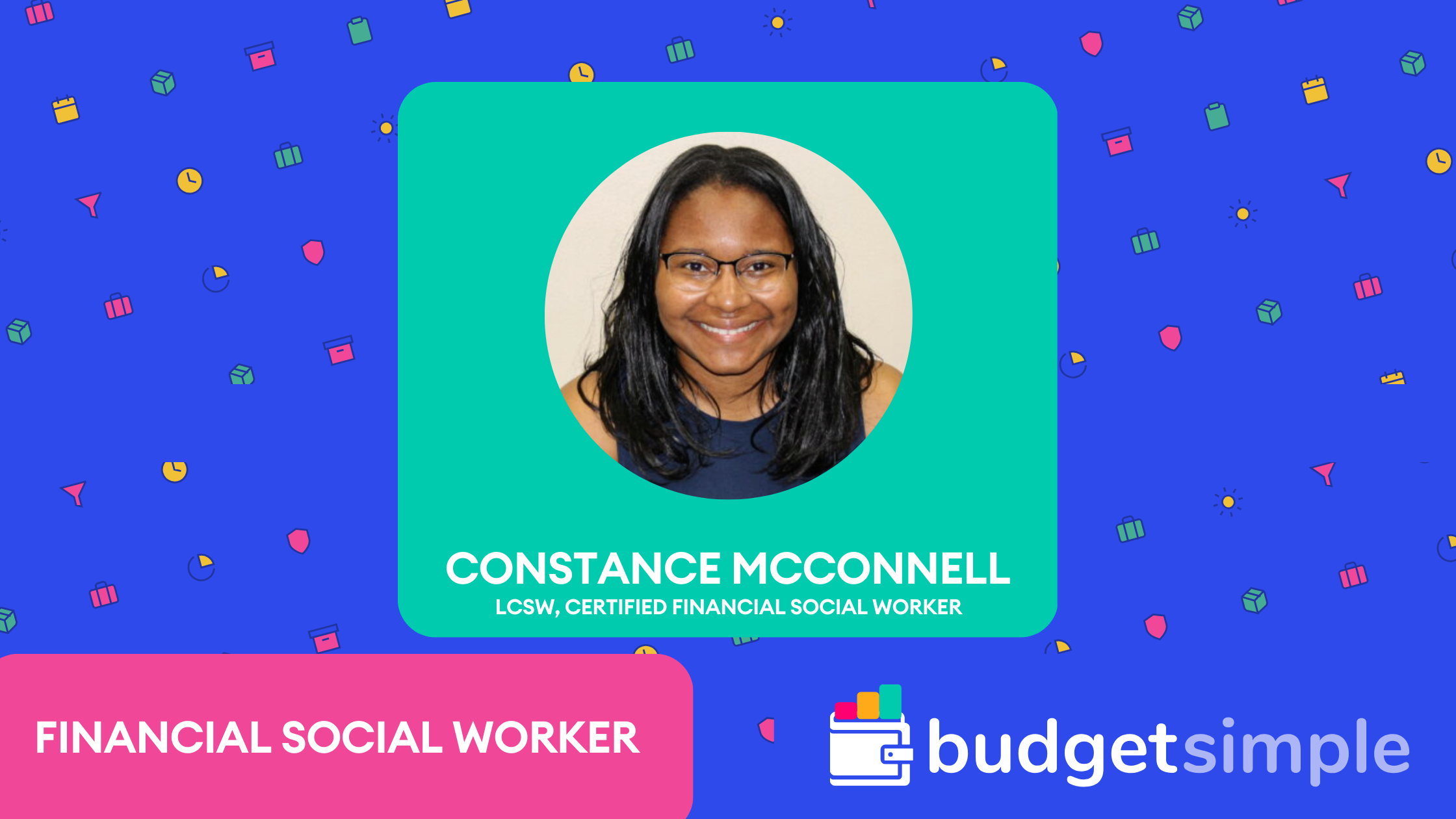In our ongoing series exploring various types of coaches, we are excited to introduce a financial social worker who combines a strong clinical background with a passion for personal finance. With over a decade of experience in social work, including obtaining a clinical license and certification from the Center for Financial Social Work, our guest has worked in diverse settings such as schools, healthcare, and community mental health. Additionally, they conduct financial hardship evaluations for clients going through immigration court. Through guided exercises and cognitive processing methods, they help clients understand their relationship with money, making better financial decisions.
In this interview, we delve into their journey, motivations, common financial challenges faced by clients, and rewarding moments in their career. They share insights on how financial coaching can intertwine with personal growth, the importance of advocating for oneself, and how people can reach out for support.
Join us as we explore the unique and impactful world of financial social work.
Can you tell us about your experience and background as a financial social worker?
I have been a social worker since 2012 and attained my clinical license in 2015. During my time as a social worker; I worked in a number of settings including: schools, health care and community mental health. I received my certification about four years ago through the Center for Financial Social Work after my sister in -law recommended it to me knowing my clinical background and interest in personal finance. During sessions, my clients engage in guided exercises to help them explore their relationship with money, so they can make better decisions with their money. I work with clients at the individual, group and educational levels.
What motivated you to become a financial social worker?
I have always been curious about the complexities of how two people could make the same wages and use their money so differently. As a social worker, I understand the many influences that contribute to a person’s identity, behaviors and how they show up in this world. Personally, I enjoy learning about financial literacy and listening to financial personalities like Clark Howard and Paula Pant. I always share what I learn with my loved ones and they began to start asking me for personal financial tips. When I learned about this newer sector of social work, I was excited to combine my clinical background and passion for helping people with their finances.
In your experience, what are some common financial challenges your clients face, and how do you assist them in overcoming these challenges?
My clients usually are experiencing life transitions such as: adjusting from a two income to one income household, increase in wealth after the loss of a loved one, experiencing scarcity mindset with their finances due to adjusting increased wealth after growing up in a household where finances were limited, experiencing imposter syndrome and needing to ground in their own strengths so they can confidently advocate for an increase in compensation at work and many other challenges. I incorporate cognitive processing methods through journal reflections that encourage clients to see how past, current factors in their lives impact their behavioral decisions around money. Exploring ones’ values, help ground them in why it is important to set a specific financial goal and engage in the behavioral financial tools that are encouraged later in sessions.
Could you share a success story or a particularly rewarding moment from your work as a financial social worker?
One of my most fulfilling moments as a financial social worker was when I presented at the North Carolina NASW Conference. At the end of my presentation, a conversation developed around advocating for professional compensation as social workers and how the topic is taboo. As social workers, we are taught to be helpers to others, but seldom how it is just as valuable to advocate for ourselves to improve our wellness.
What aspect of financial coaching do you find most fulfilling, and what drives you to continue helping clients improve their financial well-being?
I really enjoy learning my clients’ stories. All of them have been remarkable and to be part of someone’s personal growth journey is so rewarding and an honor. People don’t realize how intertwined one’s emotions, trauma, strengths, values, heart-ache,passions, mental health state and environment are with their financial decisions. So many people were not taught financial literacy as kids. Now as adults, we have the autonomy to be intentional around our own financial wellness and it is important to explore this aspect of being an adult.
How can people reach out to you?
https://www.facebook.com/courageoushealinginc/
https://www.tiktok.com/@thefinancialsocialworker
Interested in the Financial Social Work Certification?
For those interested in becoming certified in financial social work, you can register through this link and use the discount code ppd6274 to receive 10% off.


